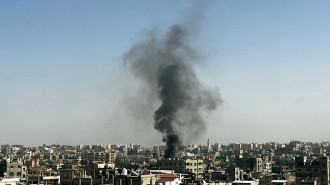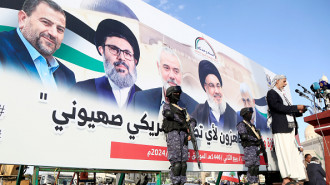Facebook takes down network linked to rival French, Russian 'disinformation campaigns' in Africa
Social media accounts linked to the French military and Russia have attempted to interfere and influence African politics, Facebook announced on Tuesday.
The internet giant described a network including 84 accounts, 6 pages, 6 groups and 14 Instagram originating in France shut down for what Facebook called a "coordinated inauthentic behaviour in Francophone Africa".
In what appeared to be the first instance of a disinformation campaign linked to the French state, Facebook said the activity targeted the Central African Republic (CAR) and Mali, and to a lesser extent Niger, Burkina Faso, Algeria, Cote d’Ivoire and Chad.
People used fake accounts to pose as locals in those countries, as well as post and comment on content, and manage pages and groups.
The posts, made in French and Arabic, were on news and current affairs concerning France's policies in Africa, claims of Russian interference in CAR, supportive commentary about France's military and criticism of Russia’s involvement in CAR.
The French government has yet to comment on Facebook's move.
Twitter Post
|
Alongside accounts linked to France, Facebook said it dismantled a network linked to Russia, which was comprised of 63 Facebook accounts, 29 pages, 7 groups and 1 Instagram account.
In what amounted to an online battle between French and Russian accounts, Russian-linked accounts were also "focused primarily on the Central African Republic" and made symmetrical posts critical of French foreign policy, supportive of the CAR government and focused on the impoverished country's upcoming election.
Read more: Facebook removes 'misinformation' accounts linked to Iran and Russia
The rival networks commented on each other’s posts, attempted to "friend" each other and traded accusations of being fake.
Some of the Russian accounts were affiliated with Yevgeniy Prigozhin, a close of Vladmir Putin who offered financial support to the Internet Research Agency, infamous for its role in interfering in the US Presidential elections in 2016.
While Facebook has taken down disinformation campaigns in the past, an analysis group said the Tuesday's revelation marked the first time that two state actors were going head to head by using similar methods.
Follow us on Facebook, Twitter and Instagram to stay connected

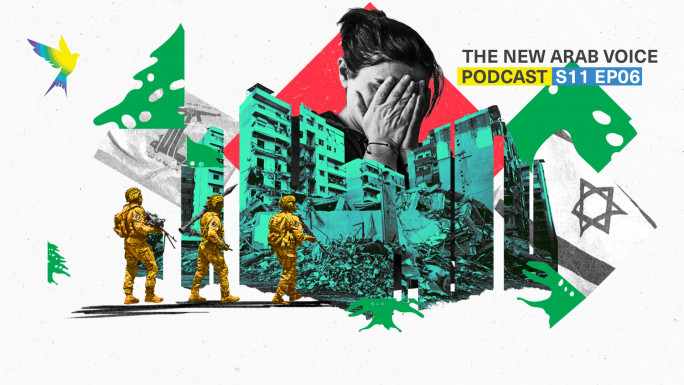

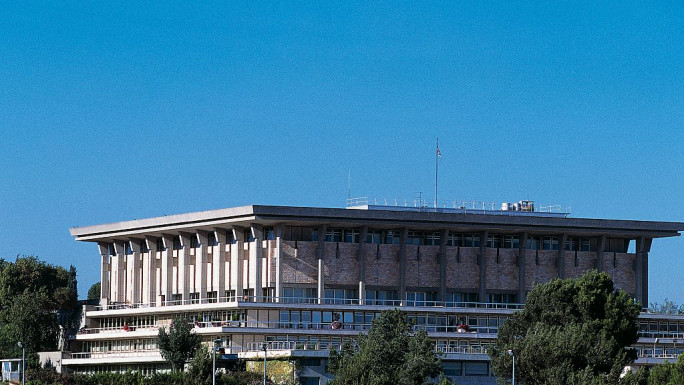
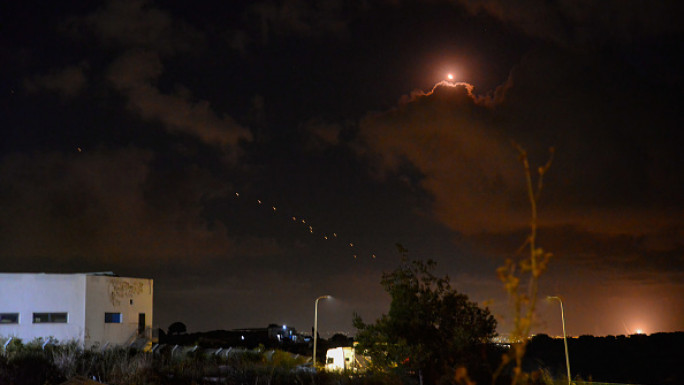
 Follow the Middle East's top stories in English at The New Arab on Google News
Follow the Middle East's top stories in English at The New Arab on Google News
![Palestinian detainees' families [Getty]](/sites/default/files/styles/image_330x185/public/1794396218.jpeg?h=a5f2f23a&itok=nESfx5RV)
